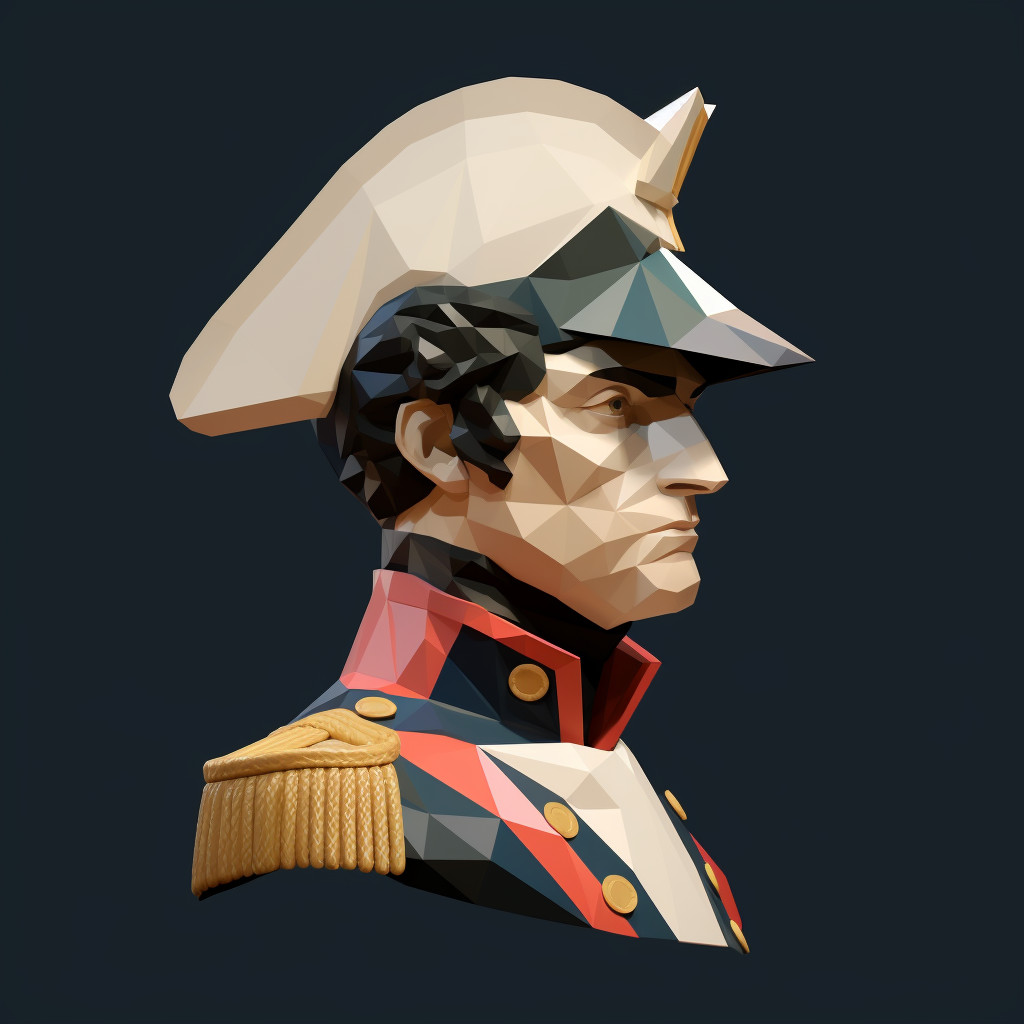This quote emphasizes the concept that the value of wealth is not in simply having it, but in how it is utilized. It suggests that the real wealth lies not in the accumulation of money or material possessions, but in the way these resources are used to create meaningful experiences, to learn, to grow, or to help others.
In essence, it’s not about how much you have, but what you do with what you have. The measure of riches, therefore, is not in the bank balance but in the value created or added through its use. This could mean investing in experiences that enrich your life, in education that broadens your horizons, or in causes that you believe in.
In today’s world, this idea is especially relevant. In a society that often equates wealth with success, this quote reminds us that the number on a bank statement or the possessions we have accumulated do not define our wealth or our worth. Instead, it’s about how we use our resources – whether that’s money, time, or skills – to make a positive impact.
In terms of personal development, this quote could be interpreted as an encouragement to invest in oneself. It might mean spending money on education or experiences that lead to personal growth. It could also mean using one’s wealth to help others, as acts of generosity have been shown to increase personal happiness and fulfillment.
Moreover, it encourages us to be mindful and intentional about our consumption. Rather than mindlessly accumulating things, it advises us to invest our resources in ways that truly add value to our lives and to the lives of others. It’s a call to shift our focus from quantity to quality, from accumulation to contribution.









